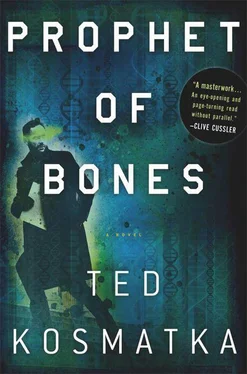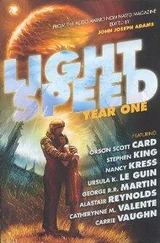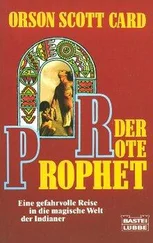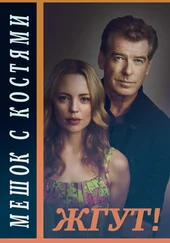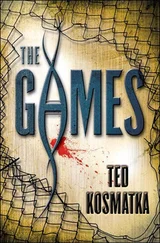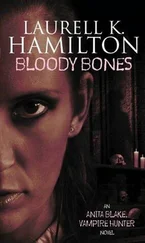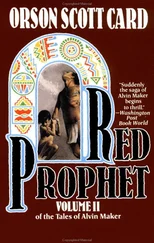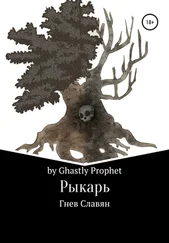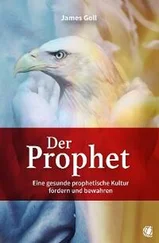He led them into another building.
“And here,” he said, stepping aside so that Paul could enter, “here is the final destination for your bone sequences. This is where the data goes. This is what it is all for.”
Paul looked around, trying to take it all in. They stood just outside a vast nursery.
Paul moved forward. His mouth hung agape. It was impossible to process what he was seeing.
In this room, a dozen toddlers played behind glass.
Things almost human. They wore diapers and nothing else.
“What…” he began, but he could not finish. Could not formulate a coherent sentence.
“In Aristotle’s time, chimps were unknown to civilization—did you know that?”
“No.”
“It’s true. Aristotle was preoccupied with nature, and with man’s position within it. And all the time that he was writing, and theorizing, and formulating his understanding of what it meant to be human, there were these beasts living in the jungles of darkest Africa—beasts with ten fingers and ten toes, small primates who are so like us, and not. And what would Aristotle have thought, I wonder? If he’d seen one. If he’d known that they existed and walked the same world as us.”
“These aren’t chimps.”
“No.”
“What are they?”
“Clones,” the old man said. “ Australopithecus. Homo erectus. Homo habilis. Our newest creations.”
Paul moved closer to the glass. He touched it with his hand, feeling the cool, smooth surface. On the other side, small miracles played. Rangy-limbed. The inhuman side by side with the almost human.
“And others, too,” the old man continued. “The Denisovans. KNM-ER fourteen-seventy. All the archaeological finds. Here they are, Paul. The bones you’ve been studying your entire life. Here they are.”
The old man put a hand on Paul’s shoulder. “That’s what I offer.”
Paul looked at him. Speechless.
“And next will be Flores,” the old man said softly.
* * *
Paul stood, entranced, and watched the toddlers play for nearly an hour. Beyond the glass, activity in the nursery continued without noticing him. A man and woman in white lab coats took turns caring for the children. Children. The word snagged in his mind. Not quite right. But close. Closer than any other word that might be applied. For what else could they be called? Yet they were most decidedly not like any children he’d ever seen before—strange little child-things that scrambled around the room.
“Do you want to go inside?”
Paul could only nod. Martial took him to the door and let him into the glass room. The children backed away at first, fearful of the large stranger. Paul took a knee, and one of the little ones moved across the padded floor. Crawling. This one was bare-skinned, but with a face like no toddler he’d ever seen. The skin a medium brown, the hair a shade lighter than the skin. An unusual combination, but not unique.
“Hold your hand out,” the old man said.
Things that aren’t man. But almost man. It crawled around in a diaper.
The child was a boy, Paul decided. Something masculine in the face, even at so young an age. The hair was tawny-colored, like wet beach sand. Straight and coarse. Paul held out his hand, and the child moved closer and wrapped its fist around his finger. Muscles bunched in its shoulder, and Paul marveled at its strength.
“One of our most vigorous specimens.” The old man had come up behind him without Paul noticing.
“What is he?”
“We call him Samson.”
“No, I mean… what is he? Which one? Which kind?”
The old man looked down at Paul appraisingly. “Which one do you think? I’m curious to hear your guess.”
Paul looked at the child. It looked very human, but it was hard to say how it might develop. The infants of many animals looked very much alike—more alike than the adult forms. It was one of the mysteries of biology. The babies of many species were indistinguishable, while the adult forms varied wildly. A baby puma and a baby house cat looked very much alike.
“One of the Java specimens,” Paul said.
The old man smiled. “A reasonable guess.”
“Am I correct?”
“It’s possible.”
“Aren’t you going to tell me?”
“No, I only said I was curious to hear your guess, not that I’d give you an answer. But there’s still more to see. Would you like to see more?”
“More than this?”
“So much more.”
Martial led him out of the nursery and down a long hall to still another room. Martial handed him a mask. “Until the children are vaccinated, we can’t have you breathing on them without a mask. We have to vaccinate them for everything . What is a minor sickness in us tends to kill them. It’s like the early colonial die-offs, but worse.”
Paul donned the mask and stepped through the door.
“I’ll leave you to it,” the old man said. “But before I do, I have something for you.” He motioned to one of his guards. The guard handed Paul a folder.
“The report from your computer technician,” the old man explained. “It was saved on the flash drive. We took the liberty of printing it out for you.”
Paul opened the folder. Inside were a dozen pages of type.
“Interesting reading,” Martial offered. “Feel free to peruse it at your leisure. But for now…” He gestured to the door.
Paul stepped inside. The old man didn’t follow.
Paul wasn’t alone in the room. Lillivati was sitting in a rocker, holding a bottle in an infant’s mouth.
The infant was tiny, little more than a newborn. Its bare limbs were covered with a fine, downy coat of hair a few centimeters long. Its feet were square and blocky—the toes slightly long, but aligned in the familiar configuration. Only the slightest gap between the first and second toes gave any hint that the feet were anything but human. The face, though, could scarcely be confused. Broad and projecting, with a low, bony brow and a sloped forehead. The top of the skull seemed small in comparison to the size of the face. The mouth simian, lipless. The eyes were large and dark and lacked any whites at all. The sclera of its eyes as black as any ape’s. The ears were the ears of any hominoid, delicate and curled and perfect. The nose was broad, cartilaginous, projecting—a nose truly, and not the nasal depression found in apes.
Although the infant was small enough to be a newborn, it looked up when Paul entered the room and watched him alertly with its dark eyes. It reached up and held the bottle in its hands. The thumbs were prehensile, grasping the bottle.
Lilli rocked the child as she fed it.
When Paul finally tore his gaze away from the infant to look at her, he saw that there were tears in her eyes.
“It’s impossible,” she said.
* * *
The guards took them back to their room an hour later. The door latch made a loud click behind them.
A moment later, Paul tried the doorknob. “Locked,” he said.
They both sat on the bed. They sat for a long time without speaking.
Finally, Paul opened the folder and began reading the report. He thought of Alan on the bridge. His black eyes, his broken nose. The results in the report were clear. When Paul finished reading, he closed the folder.
“What is that?”
“It’s a phylogenetic analysis of the Flores sequence.”
“What does it say?”
“Other,” he said softly.
“What?”
“They’re divergent,” Paul said. “The bones from the Flores dig are from a population divergent from humans.”
“How divergent?”
“More divergent than the age of the earth.” They were an other who used stone tools. Who hunted as humans hunted and lived as humans lived. Beings who weren’t human. And whose existence no religion on earth had ever mentioned.
Читать дальше
